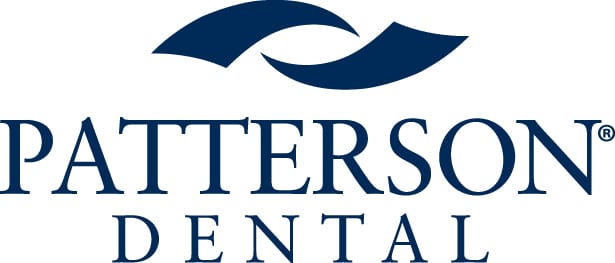In the realm of personal finance, understanding the nuances of take-home pay is crucial for individuals striving to maximize their earnings, manage their financial well-being, and avoid a big financial loss.
By: Dr. David Rice
This article delves into the significant differences between the take-home pay of a W-2 employed dental associate earning $200,000 annually and a business owner with a similar income.
Although the actual numbers can vary based on how an owner structures their practice corporation, on whether they own their real estate or rent, and other factors, I’ll give you one guess on who wins.
The W-2 Associate Perspective
1. Tax Structure
When you’re a W-2 associate, a significant portion of your income is subject to federal income tax.
The good ole USA employs a progressive system, meaning as you’re likely all too familiar with, the more you make, the more they take.
So much for rewarding that dental school maximum effort.
2. Social Security & Medicare
Great news, you’re also responsible for Social Security and Medicare contributions.
You know, things you’ll use when you’re old enough to want them, I mean, if they’re still around.
When it comes to Medicare tax, unfortunately, every dollar you earn gets taxed. These contributions make you socially responsible which I like in philosophy. I’d just like it better if I was in control of how I gave back.
Here’s an actual bright spot. Social Security tax is applied to income up to a specified threshold. That number has risen over the years but if we ball park this based on your read time, it caps at around $160k. That means every dollar after that, you don’t need to pay.
3. Deductions & Withholdings
Health insurance premiums, retirement contributions, and other deductions further impact you as Dr. W-2.
The upside is they provide valuable benefits to you. The downside as an employee is you can’t control the math equation and the resultantly reduces your overall take-home
Imagine having the upside without the downside.
The Dental Practice Owner Perspective
1. Income Diversity
We practice owners often have more flexibility in structuring our income. We can receive compensation in various forms, including salary, dividends, and profits from our practice.
This diversity allows us to be more strategic in our financial planning and how we play with Uncle Sam.
In its simplest form, our taxes come out after our deductions instead upfront. That means, if we said you and I both got paid $200k, I pay less even if lots of other pieces of the puzzle remain the same.
Aka, Uncle Sam rewards us for putting our names on the door and employing people.
2. Tax Planning Opportunities
As a practice owner, I can take advantage of various tax planning moves to minimize my taxable income.
Deductions related to my business expenses, travel, and entertainment (depending on how one operates, so please see your CPA’s guidance) can significantly reduce the taxable side of my earnings.
This ability empowers many practice owners to tailor their financial strategies to align with both their personal and business objectives. Aka – we have better financial control. You can too!
3. Self-Employment Tax
Depending on one’s business structure, practice owners may be subject to self-employment tax, covering their contributions to Social Security and Medicare.
While this tax can mirror the W-2 obligation, the ability to manage income streams can result in a more favorable tax outcome.
When you choose to buy or start up, make sure you get with a great dental CPA to determine what structure works best for you.
Conclusion
In comparing the take-home pay of a W-2 dental associate earning $200k a year to that of a practice owner earning the same, the complexity of Uncle Sam and friends becomes evident.
While W-2 employees navigate a straightforward tax structure with limited flex, practice owners have tremendous opportunities to strategically manage their income and deductions.
Individual circumstances, business structures, and financial goals all contribute to the unique financial landscapes, and seeking professional advice from tax experts and financial planners is, of course, a best practice for all.
That said friends, if you’re a young dentist and you are worried about your student debt and ability to live your best financial life, your fastest track to it, is owning your practice and destiny.
If I have one financial regret, it’s not getting started sooner.
CLICK HERE and do yourself a favor. Get pre-approved for a practice loan. It doesn’t lock you in a box. It just gets you moving in the right direction.
Photo by Karolina Grabowska


